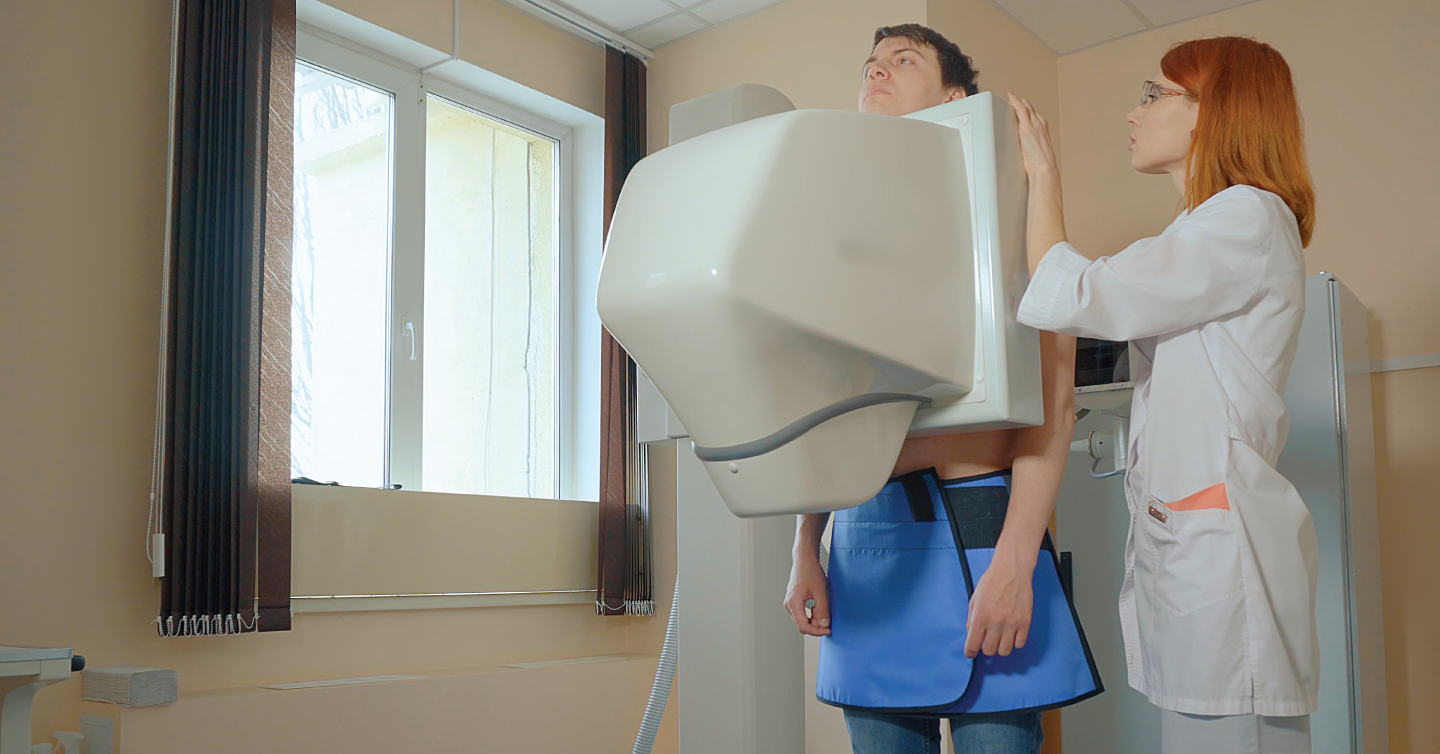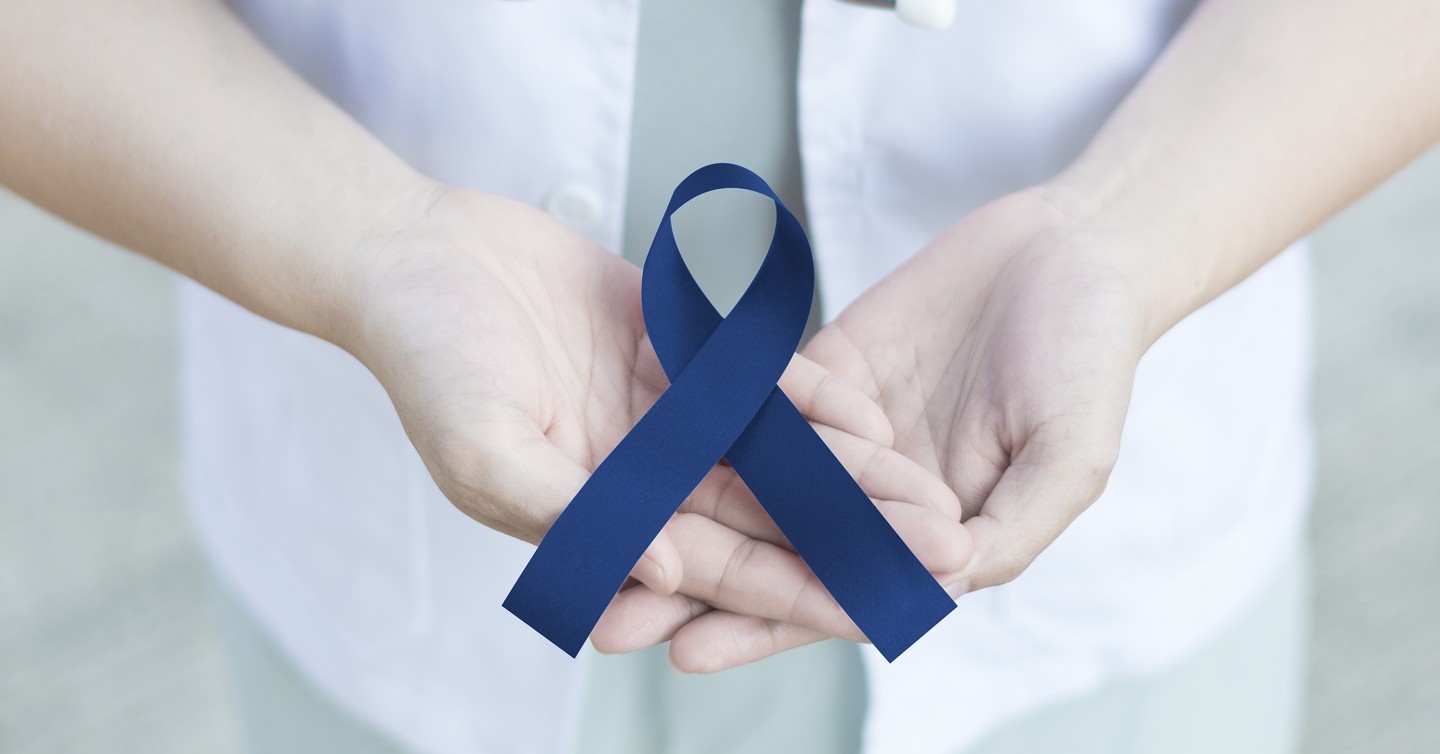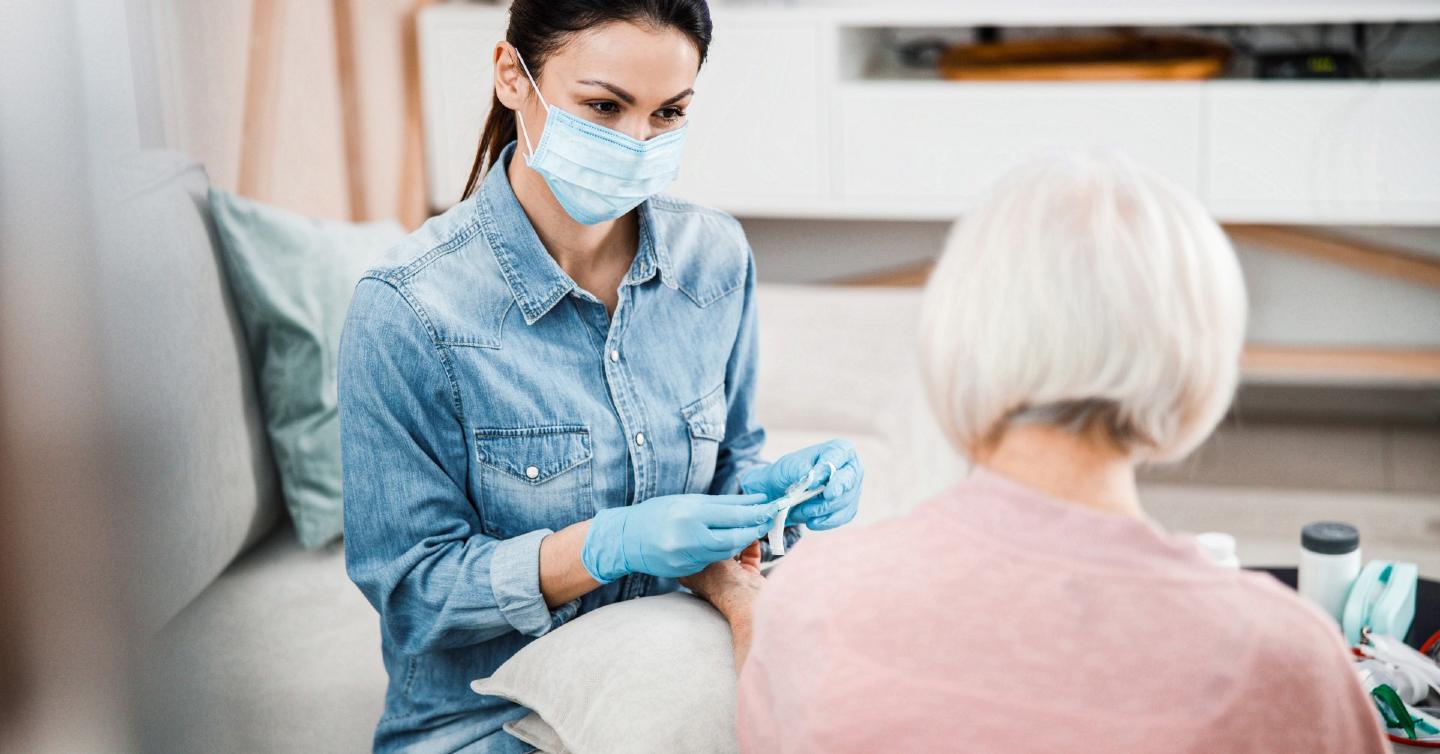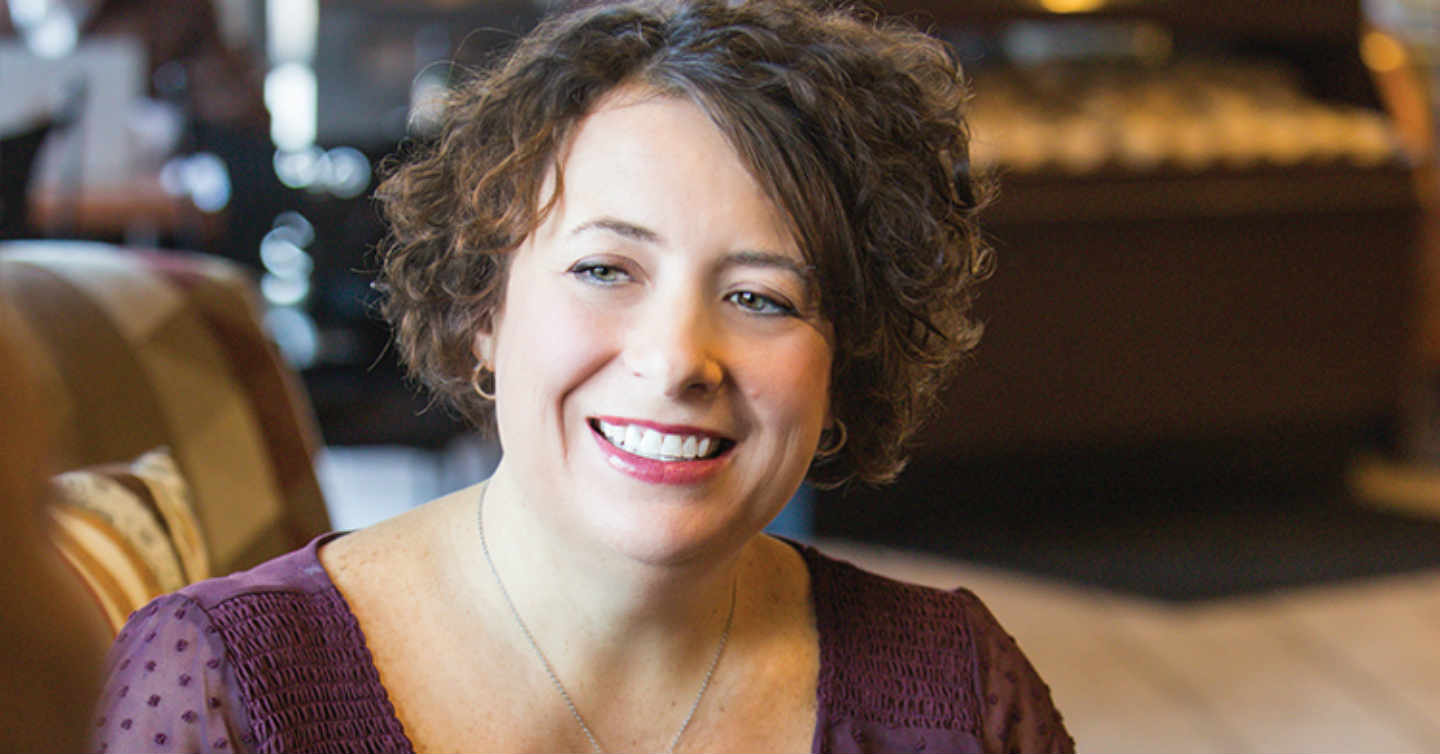
Is It Skin Cancer or a Sun Spot?
Learn the difference between a sun spot (or age spot) and melanoma, along with what indicators might be present to suggest an area of the skin may need to be checked by a dermatologist.

Three Ways to Stay Ahead of Breast Cancer
In recognition of Breast Cancer Awareness Month, we look at some steps you can take to for prevention to stay ahead of this deadly disease.

Breast Cancer Prevention Begins with Screenings
When it comes to breast cancer, the best prevention is early detection, so make sure you know the ins and outs of scheduling regular mammograms.

Men Can’t Get Breast Cancer and Other Myths
Can men get breast cancer? Yes, and that's one of many myths surrounding the subject of breast cancer. Find the truth to more of these myths here.

Protection from Summer’s UV Rays May Be Just a Bottle Away
Our abundant sunlight's ultraviolet (UV) radiation can warm and dry you quickly after a refreshing swim but is also a risk factor for skin cancer. In this article by Network Health pharmacist Sarach Wilczek, you'll learn about whether sunscreen or sunblock is better for you and what separates the two.

Skin Cancer is a Serious Risk. Here’s How to Stay Safe
Summer is fun in Wisconsin, but can also be a dangerous time for our skin. Network Health quality care coordinator Sally Bowman RN discusses some ways to steer clear of harmful UV while enjoying the outdoors in this timely article on sun safety.

As March Ends, Colorectal Cancer Screening Remains as Important as Ever
This article by Dr. Vikas Khullar at Ascension Wisconsin shares the importance of colorectal cancer screening and some of the things to look out for as you age into higher-risk populations.

Have a Colonoscopy Coming Up? Here’s How to Prepare
If you have a colonoscopy coming up, your personal doctor will discuss the preparation you should undergo before the procedure. This article by 2022 Doctor of Pharmacy candidate at the Medical College of Wisconsin, Hue Xiong, shares some common pre-screening medications and steps.

I Don’t Need a Colorectal Screening Until 60…and Other Myths
In this post, quality care coordinator Jennifer Footit-Tank RN BSN, walks through several myths related to colon cancer, colon screenings and colorectal health and the truth behind them. Learn why screenings are important and what you can do to lower your risk.

March is Colorectal Cancer Awareness Month
During March, we look at this dangerous and sometimes less-commonly-known form of cancer. In this post, wellness coordinator Mindy Arndt shares some important things to know about this disease during this month and throughout the year.

Cancer Prevention is Crucial. These Screenings Will Help.
Cancer is a big word and one that likely has several negative connotations or associations for you. In this article, Network Health quality care coordinator, Michele Eggers, walks us through what you need to know at each life stage.

Mammogram Screenings Remain Important Following COVID-19 Vaccination. Here’s How to Stay Safe
Mammogram screenings are crucial to the health of people with breasts. Learn about how to approach these important screenings and how they are affected by receiving the COVID-19 vaccine.

Breast Cancer Demands Early Detection
Breast cancer is among the leading killers of people with breasts in America. Learn how to detect breast cancer early and what steps you can take to reduce your risk of developing this potentially life-threatening illness.

October is Breast Cancer Awareness Month. Here’s What You Need to Know
Every year, we celebrate Breast Cancer Awareness Month in October to help get the word out about this important-to-detect-early cancer that is among the leading causes of death for women.

Is it Skin Cancer?
Skin cancer is a commonly misunderstood, yet potentially life-threatening, disease. Know what to look out for and when it's time to have a medical professional take a look.

Preventing and Detecting Cervical Cancer
Cervical cancer is a serious and life-threatening form of cancer. This post discusses strategies for the prevention and treatment of this silent killer.


Lung Cancer - Not Just a Smoker's Disease
Lung cancer is often considered to be a disease that only affects those who smoke or those who have smoked, but really it can affect others. Find out about non-smoking high-risk traits in this article.

Focus on Prevention and Early Detection of Colon Cancer
March is National Colon Cancer Awareness Month. As the second leading cancer killer, colon cancer awareness and prevention efforts continue to be a priority. Read about prevention efforts you can take.

Understanding Your Risk for Breast Cancer
According to the National Cancer Institute, one in eight U.S. women will develop cancer during their lifetime. Even more women have loved ones and family members who have struggled with breast cancer.

My Skin Cancer Scare
I was a child of the 80s. I could lay in the sun for hours. I’d grab my reflective mat, baby oil, a boom box loaded with a Rick Springfield cassette tape and I was good to go for the day.